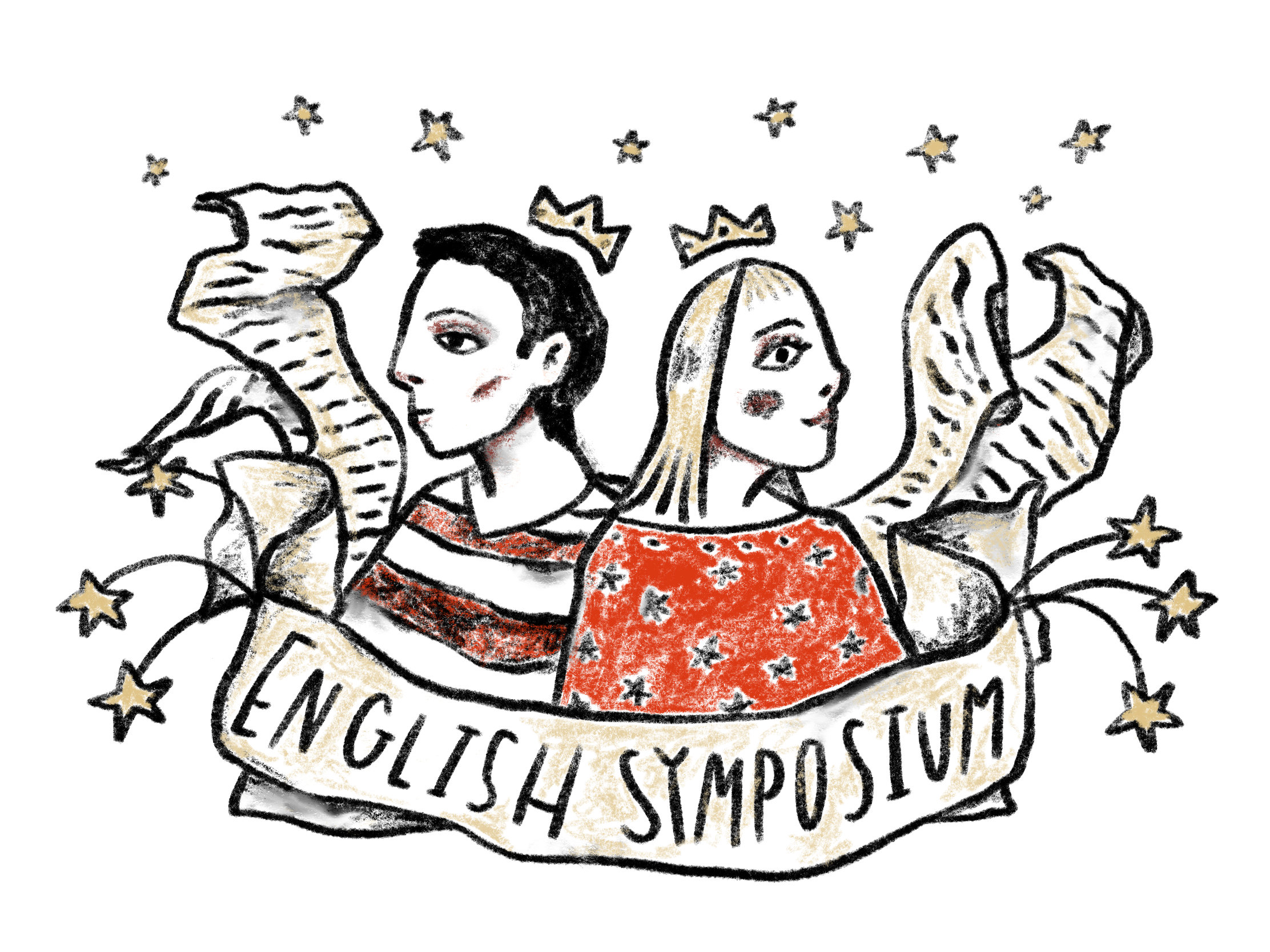Content Category
Literary Criticism
Abstract/Description
This paper turns to an interview published in the April-June 1891 editions of the Indian’s Friend, entitled, “The Wrongs and Wants of the Sioux—as told by themselves at the Great Council with Commissioner Morgan,” as a medium through which the collaboration of nineteenth century Sioux men and women is explored. Because theorists have concerned themselves mainly with the empowering factors of indigenous female autonomy, they have disregarded the actuality that the feminine influence operated hand in hand with the masculine voices of indigenous chiefs. This analysis provides a space in which indigenous women discreetly insert domestic values into political agendas through the voices of Sioux chiefs. Despite the assimilation of Euro-American gender norms into indigenous communities, native women unsilenced their voices through the assertion of their own political authority. Rather than focus on indigenous feminine autonomy, this analysis explores the rhetoric used by male Sioux chiefs to make appeals to the Government of the United States, and how the female Sioux had an intricate role in the formation of those appeals. This paper asserts that autonomy, through the lens of male and female indigenous authority, must not be viewed as separate but equal, but separate and collaborative. It offers a nuanced perspective in that political appeals for change, made by male Sioux chiefs, were the original ideas and motivation of Sioux motherhood. Ultimately, Euro-American society must cease the push for equal gender roles and the deemphasis of motherhood, and instead mirror the male and female collaborations of the Sioux into political functions. It is in the Euro-American woman’s best interest to reinsert the importance of domestic values, the original operations of indigenous motherhood, into political life, if she desires stronger influence in her community today.
Copyright and Licensing of My Content

This work is licensed under a Creative Commons Attribution-Noncommercial-No Derivative Works 4.0 License.
Origin of Submission
as part of a class
Faculty Involvement
Michael Taylor
Nineteenth Century Sioux and the Empowering Institution of Motherhood
This paper turns to an interview published in the April-June 1891 editions of the Indian’s Friend, entitled, “The Wrongs and Wants of the Sioux—as told by themselves at the Great Council with Commissioner Morgan,” as a medium through which the collaboration of nineteenth century Sioux men and women is explored. Because theorists have concerned themselves mainly with the empowering factors of indigenous female autonomy, they have disregarded the actuality that the feminine influence operated hand in hand with the masculine voices of indigenous chiefs. This analysis provides a space in which indigenous women discreetly insert domestic values into political agendas through the voices of Sioux chiefs. Despite the assimilation of Euro-American gender norms into indigenous communities, native women unsilenced their voices through the assertion of their own political authority. Rather than focus on indigenous feminine autonomy, this analysis explores the rhetoric used by male Sioux chiefs to make appeals to the Government of the United States, and how the female Sioux had an intricate role in the formation of those appeals. This paper asserts that autonomy, through the lens of male and female indigenous authority, must not be viewed as separate but equal, but separate and collaborative. It offers a nuanced perspective in that political appeals for change, made by male Sioux chiefs, were the original ideas and motivation of Sioux motherhood. Ultimately, Euro-American society must cease the push for equal gender roles and the deemphasis of motherhood, and instead mirror the male and female collaborations of the Sioux into political functions. It is in the Euro-American woman’s best interest to reinsert the importance of domestic values, the original operations of indigenous motherhood, into political life, if she desires stronger influence in her community today.

